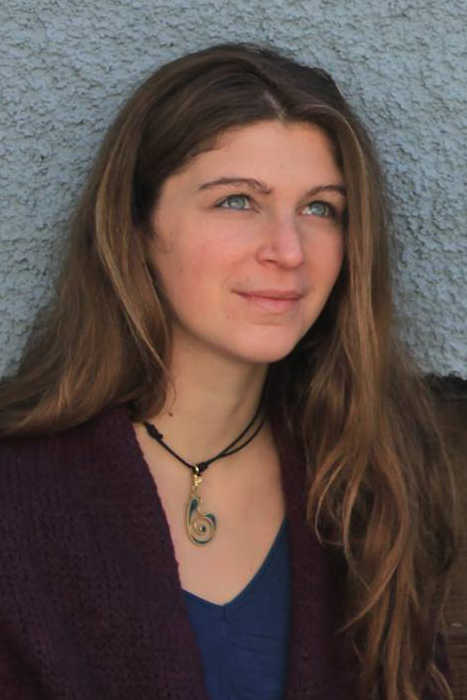This month we continue our series of posts aimed at presenting the most recent research developments of the Lab’s Core Team. We are going to feature all of our researchers who are working as part of the ERC Inhabiting Radical Housing (IRH) project, the FARE Precarious Housing in Eastern Europe project, or who are pursuing their own individual Marie-Curie or USF fellowships.
We continue with Daniela Morpurgo, an ERC Postdoctoral Fellow at the Lab.
Daniela Morpurgo is one of our Postdoctoral Research Fellow, conducting her research in Italy. Her work is focused on urban centers located in the central and northern regions of the country. The aim of her research is to look at inhabitation through the prism of sex work. The attention is, in particular, on what the experiences of sex workers can disclose about the materiality (market, accessibility, regulation) and significance (as a place of solidarity, struggle, care) of homespaces.
The rational of her research, is not to speak about sex workers but rather to question the logics (and pitfalls) of the world we are all inhabiting, and contribute in reproducing, starting from their particular perspectives. Since October 2022 Daniela is conducting a continuous, immersive and engaged fieldwork which led her to participate actively in sex workers struggles against stigma, for decriminalization and sex workers rights in Italy, and in network with other European organizations.
Through interviews, extended participant observation and action-research she is attempting to grasp the specificity of what ‘being at home in the world’ as a sex worker means (Pluma Sumaq, 2016), and to discuss how this may help to and radically question the foundations upon which we understand housing and inhabitation, including the gendered, racializing and moralizing structures supporting it.
Her research journey began by noticing how geographic academic literature, while having extensively discussed sex work under the register of public space and visibility, had largely missed to acknowledge how sex workers do not only inhabit the sidewalk (or the brothel) but they also rent, buy, squat and, more generally, organize around housing. This literature gap is not only indicative of a distance separating the researcher from the field (and missing an engagement with prostitutes themselves) but also indicates a shortage in geographical imagination which is responsible of materially and epistemologically constraining the political space of sex workers within the society at large. The obfuscation of the homely experiences of prostitutes is not a neutral operation; instead, it implies the erasure of lives and paths difficult to assimilate (Marcasciano, 2018) and that, perhaps, do not wish to be assimilated.

Currently Daniela features one forthcoming article on the Rivista Geografica Italiana [Italian Journal of geography] – working title “Sex work is at home. Research insights between geographies of housing and prostitution” and one more paper under review.
Daniela’s previous research, conducted during her Phd, focused on the regulation of minority places of worship in Italy. Although the two researches may seem to be very distant her work share a common interest in the spatial dimension of social conflict and, more specifically, in letting emerge how spatial materiality, ordering and regulation cannot only be understood through the lens of ‘rational’ thinking, but need to account also for elements – such as sexuality, religion, morality – falling beyond, and eventually breaking, this carefully crafted box “reasonable” certainties.
Recent publications
• Morpurgo, D. (2024). Il lavoro sessuale è di casa. Spunti di ricerca tra geografie dell’abitare e prostituzione [Sex work is at home. Research insights between geographies of housing and prostitution], Rivista Geografica Italiana, forthcoming
• Morpurgo, D. (2023). Problematising use conformity in spatial regulation: Religious diversity and mosques out of place in Northeast Italy. Planning Theory, 22(2): 201-223.
• Chiodelli, F. and Morpurgo, D. (2022) Placing the law: The socio-spatial impact of legal norms beyond mere compliance. Transactions of the Institute of British Geographers, 47: 725–740.
Picture: Ph: Miriam Ognibene. Model and Artist: Bianca El Malek

